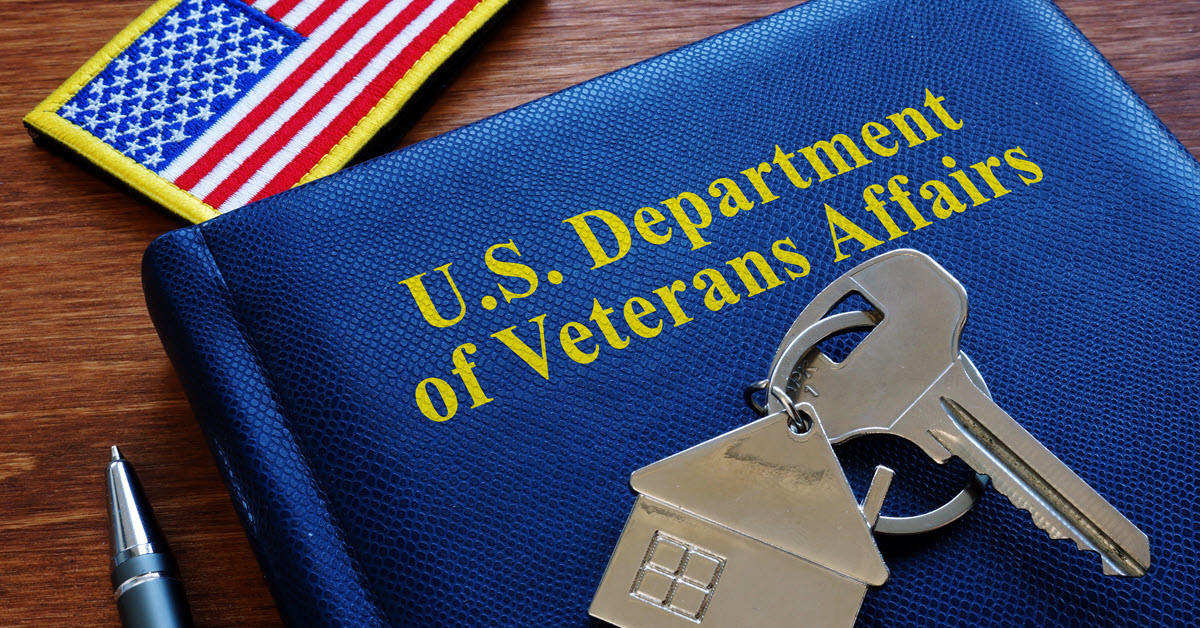
As an agent, you may have the opportunity to help American veterans achieve their dream of homeownership. Understanding the process is key when helping clients secure lending backed by the U.S. Department of Veterans Affairs (VA). Here is an overview of a typical home sale transaction using a VA loan.
Eligibility criteria for a VA loan requires that active and inactive service members served at least 90 consecutive days of active duty without receiving a dishonorable discharge. In some cases, surviving spouses may also qualify for a VA home loan.
Once the VA deems an applicant is eligible, they can obtain a Certificate of Eligibility (COE) and begin the loan process by presenting it to lenders. Anytime you are assisting a service member in acquiring a VA loan, remember these tips:
Help find the right lender. Because VA loans are subject to distinct guidelines enforced by the U.S. Department of Veterans Affairs, VA loan lenders do not always have the same requirements as traditional banks and mortgage companies.
Because individual VA loan lenders have varying thresholds for acceptable credit scores, buyers must do their homework. Help them compare interest rates, loan amounts, and other qualification standards to find their best option.
Buyer must use a VA-approved appraiser. Once a lender is secured, the VA loan officer will request an appraisal. The VA-approved appraiser will assess the listing’s value and determine the Minimum Property Requirements (MPR).
The appraiser will submit a report to the loan officer once they verify that the property value justifies the loan amount and meets minimum standards. The home sale transaction may then proceed.
Understand minimum property requirements (MPR). It’s worth noting that VA property standards may be higher than traditional lenders. For example, among other standards, the appraiser will confirm the property has a conventional heating system, safe drinking water, a working septic system (for homes using a septic system), and accessible crawl spaces. The loan will be denied if a home fails to meet these minimum requirements.
VA loans sometimes get a bad rap because of their stringent rules; however, they are no more difficult to navigate than conventional loans. Just like with any type of loan, there can be advantages and disadvantages for the seller.
Advantages of VA loans for sellers include a higher closing rate, quick turnaround times, and more lenience with underwriting. Some disadvantages may include the VA appraisal process and the Minimum Property Requirements (MPR), depending on the property’s condition.
Veterans eligible for a VA loan may pay the VA funding fee, a one-time payment designed to lower overall loan costs since buyers are not required to make a down payment or carry mortgage insurance each month. However, in some cases, the buyer may not be required to pay the funding fee.
Keep these tips in mind as you assist our nation’s veterans with obtaining a VA loan.
Reference to any specific brand, product, or service does not constitute endorsement by ORHP. ORHP does not receive compensation for providing third-party links.